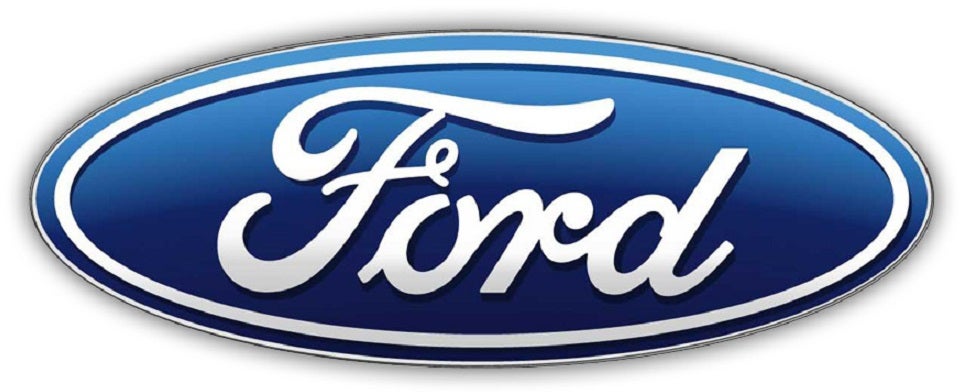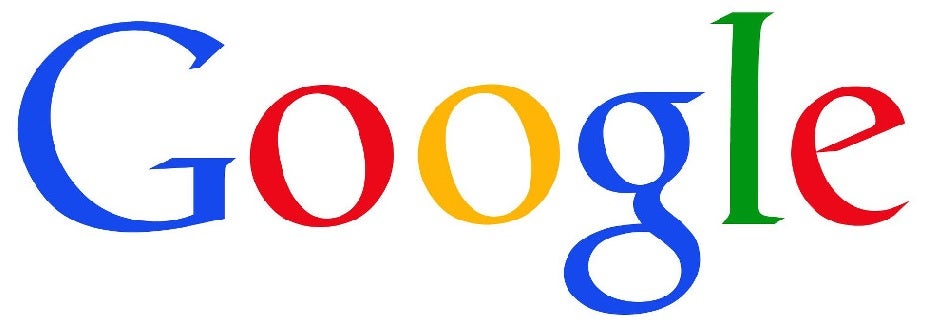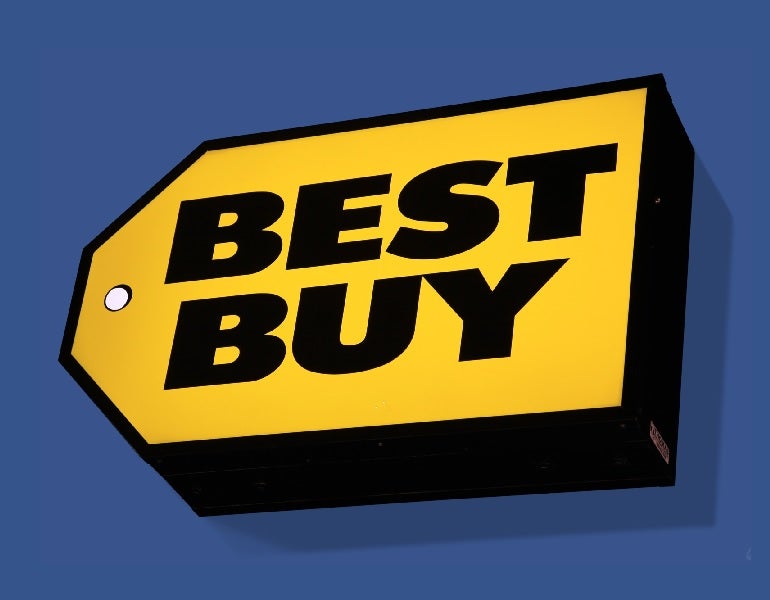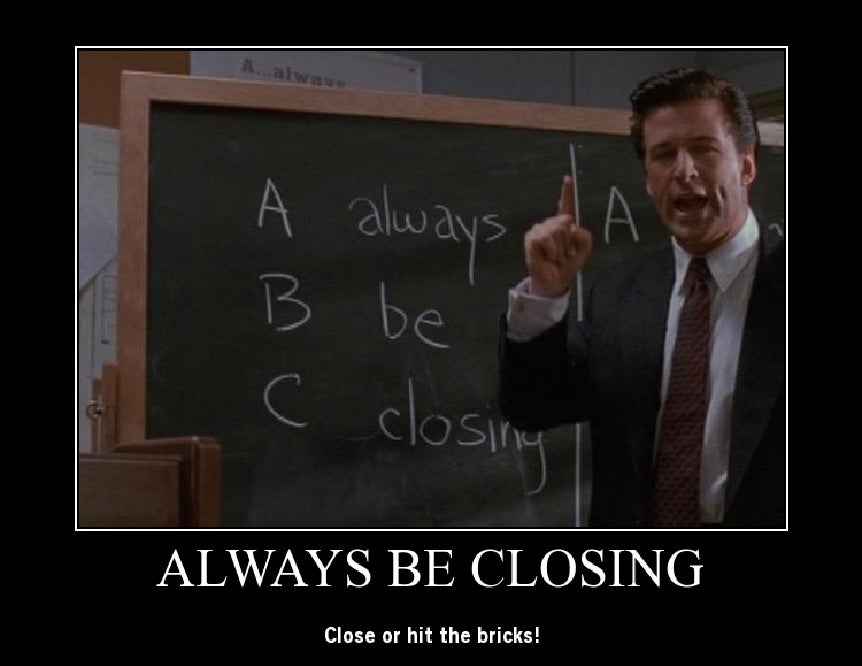 "Groagun" (groagun)
"Groagun" (groagun)
01/05/2016 at 14:41 ē Filed to: None
 4
4
 4
4
 "Groagun" (groagun)
"Groagun" (groagun)
01/05/2016 at 14:41 ē Filed to: None |  4 4
|  4 4 |

With this years CES happening right now and all of the news about future technology today, from several of the worlds prominent automakers, I thought it might be prudent to let you in on some information you may not have and would find interesting about some of the players and their past plans and actions.
Most specifically in this article, Ford, if you couldnít tell, is the subject. Iím not sure entirely what Ford is doing or announcing at CES 2016 but Iím sure it will have something to do with the new GT and Le Mans and, the rumors circulating that Ford and Google will partner to develop a new car that is autonomous.

The reason I bring this up is the actual case study and discussions that took place between Ford and this company(see below) several years a go now that had a very similar vibe and intent: just minus the autonomous bit.

Yes, Best Buy! Ford and Best Buy explored the idea of selling a, just one model to start, Ford product on Best Buy premises. Through all that I know it was an existing product, most likely the Fiesta or Focus, but built to BBís specifications.
This is where it started to get complicated: Those secifications included an empty dash and various other Ďemptyí placements in the vehicle so that BB could install after market and or custom accesories: you know, like the ones they sell in store.
That sounds simple enough but if youíre Ford and you make money off of the components you put into these cars to start with, then you are losing those profits.
So things are off to a rocky start. Then we get to production issues. If you are in any way involved in the line production of vehicles then you know that anything that sits outside ďTHE PLANĒ can throw the entire line and facility into chaos.
Essentially what BB wanted was Ford to sell them units with the dash and dash components removed. Taking selected vehicles in line and either removing or not installing items, again sounds simple enough but under current production practices and volumes, itís actually a huge deal and can really add complication and expense to the process.
Problem number 2: I donít think this was much of a problem and given the relatively small numbers that BB was thinking it could or wanted to sell, convincing consumers that BB was a destination to buy your new car was the next hurdle. Would you really buy your next car from these guys?

Well thatís not fair but itís funny. There was a real question though as to whether or not people would actually buy their next car at a BB store. Would BB service the car? Is the warranty through BB or Ford and or combined? Does it void the warranty if I change too much or certain items on the BB Ford?
There were several other questions, but truthfully, I didnít think these were unclimbable mountains to overcome. As for the question of whether people would buy their new car at BB: well I think that depended upon your age, your location and whether or not you were an enthusiast like us or you didnít care one iota about the traditional sales model. I think there are plenty of people who would rather leave the dealership experience in the past where it may belong.

Third problem and itís related to number 2: the dealers themselves!
What really brought this plan to a halt wasnít public perception, or the analytics that derived that opinion. Not the fact that these cars was to be electric and BB stores would all put in charging stations or any of that nonsense. No, it was the dealer association being upset that itís members, the Ford dealers themselves, would have to compete with another sales model, force and product that they didnít have access to or couldnít sell on their lots.
Essentially Ford dealers would have to now compete with another Ford dealer and potentially lose sales to BB for the same badge, not the same product but similar enough to justifiably make them upset.
And that is why all of this talk about Ford and Google partnering to develop a new, autonomous or not, car is just silly in my opinion. It can be done and while there are similarities in these cases, clearly the hurdles are not small and are filled with massive and expensive complications that only law makers and lawyers themselves can begin to address and solve.
Ford will continue to make Ford vehicles for Ford dealers.
Google, or any other Ďwant to be car manufacturer or companyí will have to do it on their own or find 3rd party partners like Valmet or Magna to do their production, or go it alone.
Iím involved with such a product and project now and there is almost no chance in hell that we will or can partner with the Fordís of the world and not even a company the size, scope and power of Google can accomplish that. Hell, I didnít even talk about the current fight Ford is in with Google and Apple over proprietary information and access to services within the car itself and itís occupants. Thatís a story for another blog post.
Thanks for reading,,,,,,
 BREADwagon
> Groagun
BREADwagon
> Groagun
01/05/2016 at 15:11 |
|
+1, awesome article!
My friends who are techs at a BMW dealership tell me that quite a few dealerships that they know about are migrating to a new model thatís much more efficient: having the service centers and sale centers as separate entities, both on paper and location. Neither have to support the other (which can cause corner cutting when pressured to carry another entity), and it lets them be managed by managers with skills in their respective fields (ie: sales guys are generally bad at managing a garage and techs are generally bad at sales). Not only that, you can migrate to the model hinted at in this article where you have ĎSTORESí apart from the service center. The store in a nice place like a mall with retailers in the same price bracket as the targeted buyer, then have the cars stored with the service center in an industrial area\where the space is cheaper.
I CANíT WAIT for the day I can walk into a store and buy a car. In fact, I wish I could buy a car at the New York International Auto Show. The whole ďwhere are you going to get the car serviced if there are no more dealershipsĒ is a joke. You donít need a sales floor to have a factory backed service center. The current dealership model (sales and service center with commissioned salespersons and negotiable pricing) is an ancient one that was useful in the past, but is now outdated and possibly detrimental to the industry.
However, your reasoning for why a partnership of Ford and Google would fail is a bit flaud. They would most likely still be badged a Ford, but with Google plastered all over it.
As far as Best Buy goes, the fit and finish for the things that pop into the dash would be laughably appalling. This could maybe work for a dirt cheap entry level car aimed at the youts (like my cousin vinny would say), but I couldnít see that becoming the norm for that reason alone.
Other than that, you hit the nail on the head. The dealership syndicate in the US is going to be the bane of progress in the automotive industry simply for the reason that manufacturers have to look out for dealers interests too. Hopefully Tesla, and those like them, will have enough momentum to have proper factory direct stores all over the US and have the volume to impact the big guys enough that they finally change the old dealership model!
 Groagun
> BREADwagon
Groagun
> BREADwagon
01/05/2016 at 15:54 |
|
Thanks for the response.
Keep in mind that BB is still a huge company with big sway in the consumer electronics field. The had already lined up suppliers for the those empty dashes and I have no doubt that the finished product would have been top notch.
As for the current dealer network and sales model we currently implore, itís hard not to agree with you but remember the reason we have the system to begin with; Ford!
Henry Ford was a notorious asshole who strong armed the dealers in the first place which lead to American Automobile Dealer Associations both nationally and state by state in the first place.
The current legal framework and all of the legal structure behind it is a direct result of Henry Ford and the early industrialists who were at the helm of these companies in the first place.
While no where near as toxic a relationship as it used to be in the good old days, currently itís one of Ďfrenemysí instead. It is somewhat adversarial by design and nature.
Tearing it down for the Ďnewí direct sales model would be going back to what we used to do and at todayís volumes is near impossible.
I agree with you that something should be done and Iím no expert but people smarter than I have yet to come up with the answer for huge companies like Ford. Tesla can only do it for so long and at smaller volumes.
 BREADwagon
> Groagun
BREADwagon
> Groagun
01/05/2016 at 16:05 |
|
Why couldnít a direct sales model work at todayís volumes? Itís all hypothetical anyway, because that would require the manufactures to directly undermine their own dealer networks by setting up small stores. Not to mention theyíd have to lay out the capital to buy properties and to set up the storefronts.
 Groagun
> BREADwagon
Groagun
> BREADwagon
01/05/2016 at 16:24 |
|
Yes and yes, to your points. Also, itís a mammoth task to design and build a car, let alone an entire lineup of vehicles. Now add on top of that the sales responsibilities and it may become just too much for any of these companies to handle.
Itís not imposible and I would like to see it tried or a hybrid style of model tried.